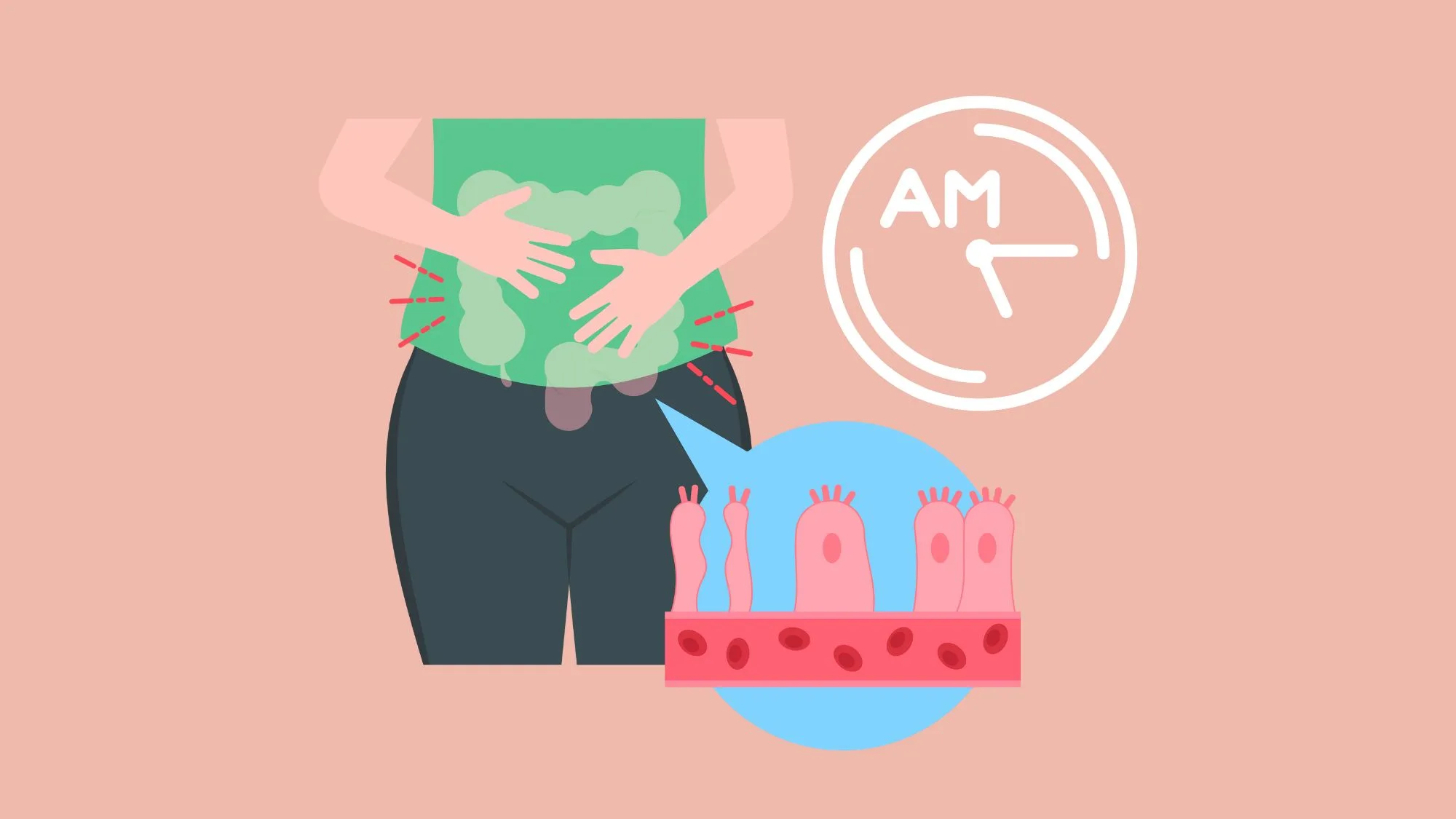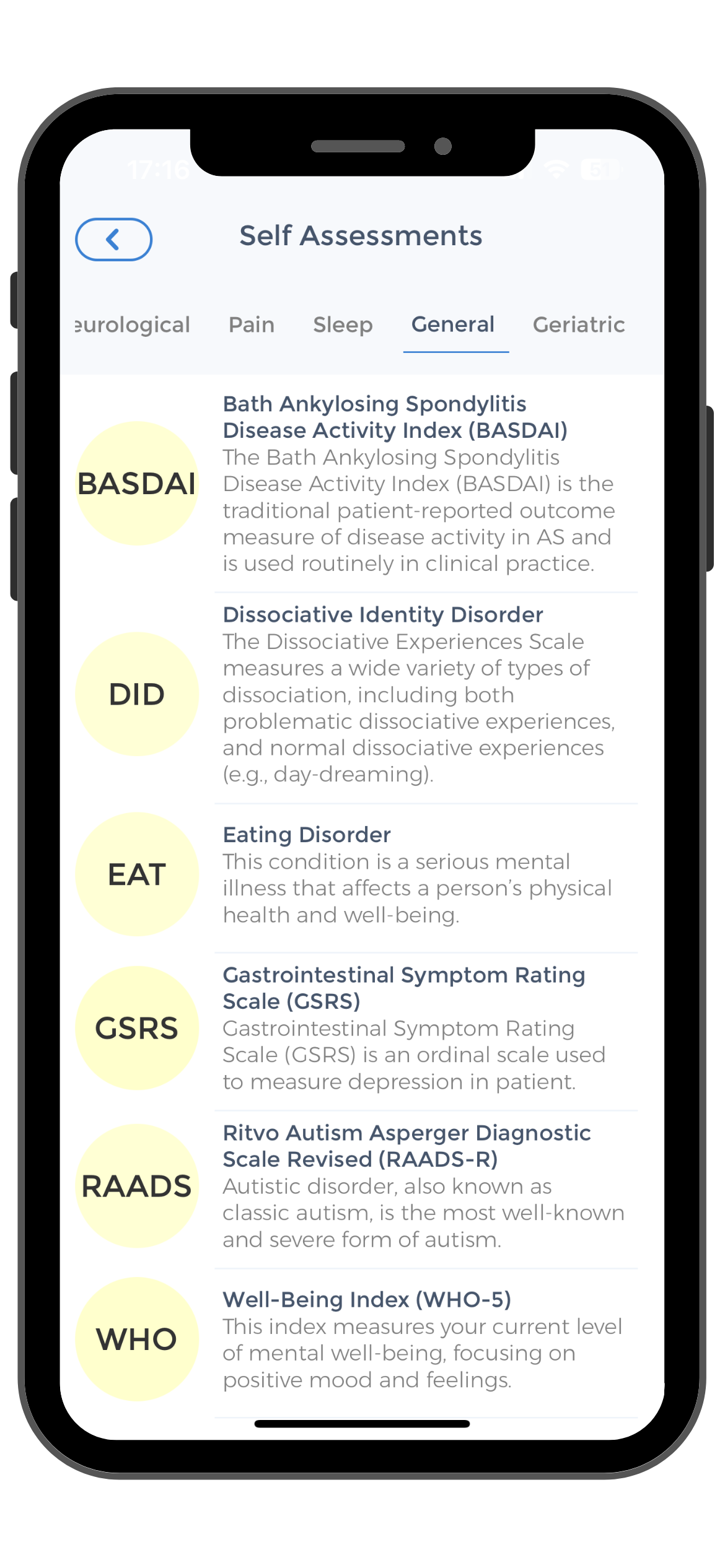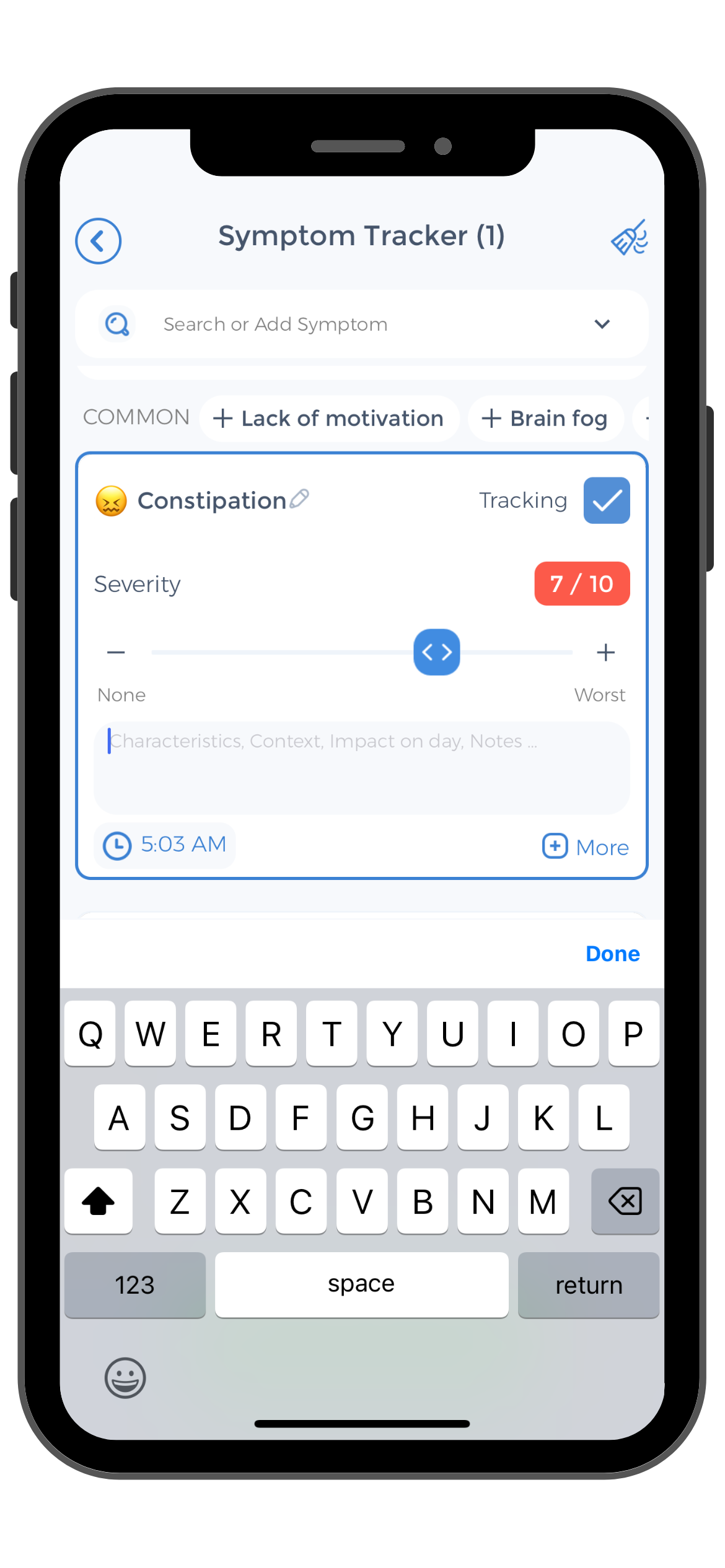
Irritable Bowel Syndrome, commonly known as IBS, is a chronic gastrointestinal disorder that affects millions of people worldwide. One puzzling aspect of this condition is the fact that symptoms tend to worsen in the morning. In this article, we will explore the reasons behind this phenomenon and discuss strategies for managing morning IBS symptoms.[1][2]
Understanding IBS: An Overview
Before delving into the morning-specific aspects of IBS, let’s start with a brief overview of the condition. Irritable Bowel Syndrome (IBS) is a complex disorder that affects the large intestine, causing a variety of uncomfortable symptoms. It is one of the most common gastrointestinal disorders worldwide, impacting millions of people of all ages. IBS is a chronic condition that requires long-term management and can significantly impact a person’s quality of life.
Individuals with IBS often experience a range of common IBS symptoms, including abdominal pain, bloating, gas, diarrhea, and constipation. These symptoms can be triggered by certain foods such as fatty foods and spicy foods, stress, hormonal changes, or other factors. Despite ongoing research, the exact cause of IBS remains unclear, making it a challenging condition to diagnose and treat effectively.
Defining IBS
IBS is diagnosed based on specific criteria. These include recurrent abdominal pain or discomfort for at least six months, along with changes in bowel habits. It is important to note that the presence of alarm symptoms, such as weight loss, gastrointestinal bleeding, or symptoms that awaken you from sleep, may indicate a need for further evaluation to rule out other medical conditions.
Common Symptoms of IBS
While IBS can manifest differently in each individual, there are some common symptoms that many people with the condition experience. These include abdominal pain or cramping, bloating, gas, diarrhea, and constipation. It’s also worth noting that symptoms can vary in severity and can fluctuate over time.
Managing IBS often involves a combination of dietary changes and avoid high fat foods, managing stress, and medications to alleviate symptoms. Working closely with healthcare providers to develop a personalized treatment plan is essential for effectively managing IBS and improving quality of life. Additionally, support groups and counseling can be beneficial for individuals dealing with the emotional impact of living with a chronic gastrointestinal condition like IBS.
The Connection Between IBS and Your Circadian Rhythm
Our bodies operate on a 24-hour internal clock, known as the circadian rhythm. This circadian rhythm influences various physiological processes, including digestion. Research suggests that disruptions in the circadian rhythm may play a role in the exacerbation of IBS symptoms in the morning.
Understanding the intricate relationship between the circadian rhythm and IBS can shed light on how our body’s internal clock impacts gastrointestinal health. The circadian rhythm not only dictates sleep-wake cycles but also regulates hormone production, body temperature, and metabolism, all of which can influence digestive processes.
The Role of the Body’s Internal Clock
The body’s internal clock helps regulate the timing of various bodily functions, including bowel movements. For individuals with IBS, this clock may be influenced by abnormalities in the gut-brain axis, leading to dysregulated bowel movements and increased sensitivity to pain.
Moreover, recent studies have highlighted the role of specific genes associated with the circadian rhythm in gut health. Disruptions in these genes may contribute to altered gut motility and visceral hypersensitivity, common features of IBS.
How Sleep Affects IBS
Sleep disturbances are common among individuals with IBS. Poor quality or inadequate sleep can further disrupt the circadian rhythm and worsen IBS symptoms. Additionally, stress and anxiety, common triggers for IBS, can often manifest during sleep and contribute to morning symptoms.
It is essential for individuals with IBS to prioritize healthy sleep habits to support their circadian rhythm and overall gut health. Establishing a consistent sleep schedule, creating a relaxing bedtime routine, and optimizing sleep environment can all contribute to better sleep quality and potentially alleviate IBS symptoms associated with circadian disruptions.
Morning Triggers for IBS
Several factors can potentially trigger IBS symptoms in the morning. Identifying these triggers is essential for effectively managing the condition.
The Impact of Breakfast Foods
The foods we consume for breakfast can significantly influence IBS symptoms. Certain foods, such as those high in fat or insoluble fiber, can be particularly problematic for individuals with IBS. Experimenting with different breakfast options and identifying trigger foods can help manage morning symptoms.
Moreover, it’s not just the type of food that matters but also the timing of meals. Eating too quickly or right before rushing out the door can put additional stress on the digestive system, potentially exacerbating IBS symptoms. Establishing a calm and mindful eating routine can make a difference in how your body processes food in the morning.
Stress and Morning Routines
Stress is a known trigger for IBS symptoms, and morning routines can be particularly stressful for many. The pressure of starting the day, rushing to get ready, or dealing with daily responsibilities can contribute to increased stress levels. Incorporating stress-management techniques, such as deep breathing exercises or mindfulness practices, into your morning routine may help alleviate symptoms.
Furthermore, the environment in which you start your day can also impact your IBS. A cluttered and chaotic morning setting can add unnecessary stress. Creating a calming and organized space in your bedroom or kitchen can help set a positive tone for the day ahead, potentially reducing the likelihood of triggering IBS symptoms.
How to Manage IBS Symptoms Worse
While there is no one-size-fits-all approach to managing morning IBS symptoms, certain strategies have shown promise in alleviating discomfort and improving quality of life.
Waking up with exacerbate symptoms of Irritable Bowel Syndrome (IBS) can be a challenging way to start the day. The unpredictable nature of IBS symptoms, such as ulcerative colitis, abdominal pain, stomach acid, bloating, diarrhea, or constipation, can disrupt your morning routine and impact your overall well-being. However, with the right management strategies, you can take control of your mornings and improve your quality of life.
Adjusting Your Diet
 One of the key strategies for managing IBS symptoms, including morning symptoms, is through dietary modifications. Keeping a food diary and identifying trigger foods can help guide dietary changes. In general, a low FODMAP diet, which involves reducing foods high in certain types of carbohydrates, has been found to be effective in managing IBS symptoms. Discussing dietary modifications with a healthcare professional or registered dietitian is recommended.
One of the key strategies for managing IBS symptoms, including morning symptoms, is through dietary modifications. Keeping a food diary and identifying trigger foods can help guide dietary changes. In general, a low FODMAP diet, which involves reducing foods high in certain types of carbohydrates, has been found to be effective in managing IBS symptoms. Discussing dietary modifications with a healthcare professional or registered dietitian is recommended.
Exploring the world of gut-friendly foods can be a fascinating journey towards better digestive health. Incorporating probiotic-rich foods like yogurt, kefir, and kimchi can help promote a healthy gut microbiome, potentially reducing IBS symptoms. Additionally, fiber-rich foods such as fruits, vegetables, and whole grains can support regular bowel movement and improve overall gut health.
Lifestyle Changes for Better Morning Management
Lifestyle changes can also play a significant role in managing morning IBS symptoms. Ensuring adequate sleep, engaging in regular physical activity, and practicing stress-management techniques are essential components of a holistic approach to managing the condition. Apps like CareClinic can help you track your sleep, exercise, and stress levels, providing valuable insights into how these factors may be influencing your symptoms.
Creating a morning routine that prioritizes self-care and relaxation can set a positive tone for the rest of your day. Incorporating mindfulness practices such as meditation or deep breathing exercises can help reduce stress levels and promote a sense of calmness, which may in turn alleviate IBS symptoms. Remember, managing morning IBS symptoms is a journey that requires patience and persistence, but with the right strategies in place, you can take charge of your mornings and improve your overall well-being.[3]
Medical Treatments for Morning IBS
While self-care and lifestyle modifications are often the first line of defense against morning IBS symptoms, medical treatments may be necessary for some individuals. It is important to consult with a healthcare professional to discuss appropriate treatment options.
When it comes to managing morning IBS symptoms, there are a variety of medical treatments available that can provide relief and improve quality of life. Let’s explore some of these options in more detail.
Over-the-Counter Solutions
Over-the-counter medications, such as antispasmodics to relieve abdominal and stomach pain or anti-diarrheal agents to manage diarrhea, can be effective in providing symptom relief. These medications work by targeting the underlying causes of IBS symptoms, helping to alleviate discomfort and restore normal bowel function.
It is important to note that while over-the-counter solutions can be beneficial, it is essential to use these medications under the guidance of a healthcare professional. They can help determine the appropriate dosage and duration of treatment to ensure optimal results without any potential side effects.
Prescription Medications for IBS
In cases where lifestyle modifications and over-the-counter treatments are insufficient, prescription medications may be prescribed to manage morning IBS symptoms more effectively. These medications are specifically designed to target the underlying mechanisms of IBS and provide relief from its symptoms.
Prescription medications for IBS can include antispasmodics, which help relax the muscles in the intestines and reduce abdominal pain. Laxatives may also be prescribed to alleviate constipation, a common symptom of IBS. Additionally, there are medications available that specifically target the gut-brain axis, helping to regulate the communication between the gut and the brain, which plays a crucial role in IBS.
It is crucial to discuss the potential risks and benefits of prescription medications with a healthcare professional before initiating treatment. They can evaluate your specific symptoms, medical history, and overall health to determine the most suitable medication and dosage for your individual needs.
Takeaway for Irritable Bowel Syndrome
 Expanding your knowledge about medical treatments for morning IBS can empower you to make informed decisions about your health. Remember, finding the right treatment approach may require some trial and error, as everyone’s experience with IBS is unique. By working closely with a healthcare professional, you can develop an individualized treatment plan that addresses your specific symptoms and improves your overall well-being.
Expanding your knowledge about medical treatments for morning IBS can empower you to make informed decisions about your health. Remember, finding the right treatment approach may require some trial and error, as everyone’s experience with IBS is unique. By working closely with a healthcare professional, you can develop an individualized treatment plan that addresses your specific symptoms and improves your overall well-being.
Morning IBS symptoms can be particularly challenging to manage. Understanding the connection between IBS and the circadian rhythm, identifying specific morning triggers, and implementing self-care strategies, such as dietary modifications and lifestyle changes, are essential for effectively managing the condition. However, for some individuals, medical treatments may be necessary to achieve optimal symptom relief. Remember to consult with a healthcare professional to develop an individualized treatment plan that addresses your unique needs. Apps like CareClinic can support you in tracking your symptoms and lifestyle factors to gain insights into your condition and overall well-being.
Use the CareClinic App to Track Morning IBS Symptoms
Take control of your IBS management with the CareClinic App, a comprehensive tool designed to help you monitor and understand your morning symptoms. By tracking your diet, sleep patterns, stress levels, and medication intake, the app provides valuable insights that can lead to improved health outcomes. With its user-friendly interface, the CareClinic App allows you to easily identify triggers and patterns, enabling you to make informed decisions about your health.
Download the CareClinic App Today
Experience the benefits of personalized health tracking by installing the CareClinic App. Its features include symptom tracking, medication reminders, and a diary for reflective health journaling, all of which are crucial for managing IBS effectively. By consistently using the CareClinic App, you can work towards finding the right balance of treatments and lifestyle adjustments to alleviate your morning IBS symptoms. Install the CareClinic App today and embark on a journey towards a better quality of life with IBS.[4]
References
- “Effect of sleep quality on symptoms of irritable bowel syndrome – PubMed”. https://pubmed.ncbi.nlm.nih.gov/8404401/
- “Why Do IBS Symptoms Get Worse in the Morning?”. https://irritablebowelsyndrome.net/living/why-ibs-symptoms-worse-morning
- “Efficacy of a low-FODMAP diet in adult irritable bowel syndrome: a systematic review and meta-analysis – PMC”. https://pmc.ncbi.nlm.nih.gov/articles/PMC8354978/
- “Digital Health Interventions Are Effective for Irritable Bowel Syndrome Self-Management: A Systematic Review – PMC”. https://pmc.ncbi.nlm.nih.gov/articles/PMC11839690/


